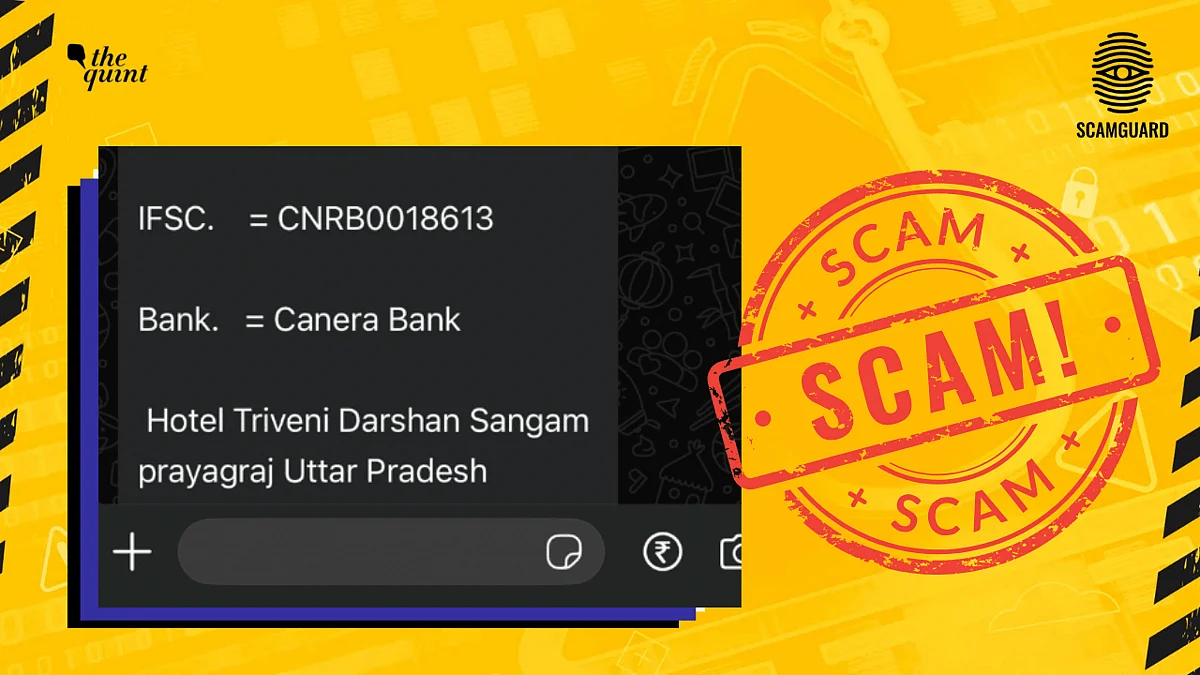Hotel Hoax: How Fake Booking Websites Are Duping Travellers
A deep dive into hotel booking scams

advertisement
Welcome to Hotel Scam Inn!
You’ve planned a perfect getaway or set out on a work trip with all the required bookings made in advance, but something is amiss. Your hotel booking confirmation is still pending, or the hotel front desk says they haven’t received any bookings under your name.
So, where did your money go?
Scammers are now creating fake hotel websites and dupe many unsuspecting travellers. Let’s break down the booking scam and ensure your next trip is not a financial nightmare.
Modus Operandi
Fake Website: You search for the hotel name you plan to stay in and click/tap on the top-listed website. Fraudsters set up hoax websites that mimic legitimate hotels, using their content, including stolen high-quality property images and are likely to add fake reviews.
Booking Assistance: The site provides customer care or helpline numbers to help you with your booking. They might also use a chatbot, through which a scammer posing as hotel staff will offer to assist you.
Online Reservation: After getting your details and finalising the booking amount, the scammer will send their bank details, UPI payment link or QR code through popular messaging apps such as WhatsApp or via email.
The Vanishing Act: Once the payment has been made, the scammer(s) will either block you or stop responding to your messages or calls. They might even take down the fake website.
Red Flags
Fake hotel websites use domain names similar to genuine ones, with slight variations to confuse the victim. For instance, www.tajhotell.com or www.taj-hotel.com instead of www.tajhotel.com.
Scammers use Search Engine Optimisation (SEO) techniques to rank their website higher than the original hotel site, which might catch the victim off guard.
What To Do
Verify: Cross-check the hotel listing on well-known travel booking platforms, such as MakeMyTrip, TripAdvisor, Yatra, Agoda, and others. It is best to make your booking through these sites.
Make the Call: Instead of the contact number on the suspicious website, contact the hotel using the number(s) listed on Google Maps.
Check URL: Check the website link for typos and spelling variations. You can also use tools like Google’s Safe Browsing site status and WhoIs to check the website’s authenticity.
Decline payments: Do not transfer money to any account the scammers share. They will rush you into making payments using UPI, direct bank transfer instead of a secure payment gateway or with the option to pay at the hotel.
Report: If you’ve been scammed, report the incident immediately through a government portal such as Chakshu (https://sancharsaathi.gov.in/sfc/) and the national cybercrime helpline number, 1930. You can also complain to the local police station and share warnings on social media to help others avoid becoming victims.
(The Quint's Scamguard initiative aims to keep up with emerging digital scams to help you stay informed and vigilant. If you've been scammed or successfully thwarted one, then tell us your story. Contact us via WhatsApp at +919999008335 or email us at myreport@thequint.com. You can also fill out the Google form and help us take your story forward.)